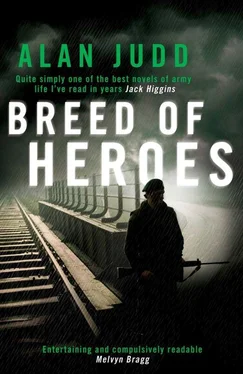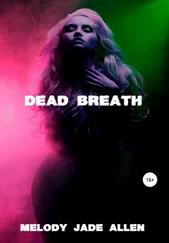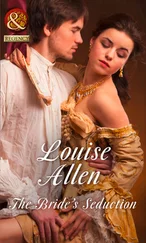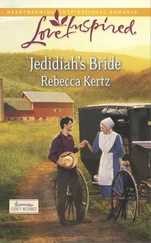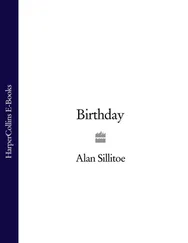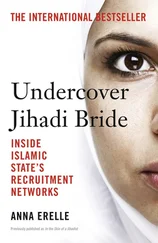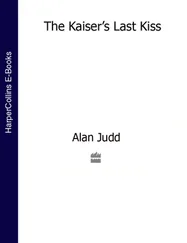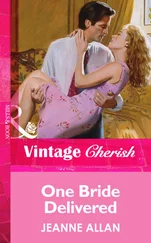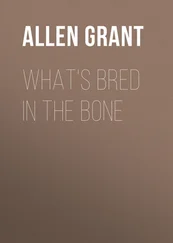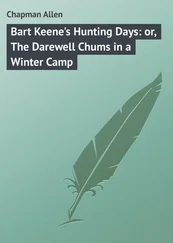It began during dinner, which was an event in itself that night. Most mealtimes were a forum for the CO to pronounce upon anything in the world, military or civil. Usually, he chose those aspects of the world that disagreed with him, and so there was never any shortage of subjects. His audience was mainly passive and respectful, which he interpreted as meaning agreement, though a few competed with each other in their efforts to heap fuel on the fire of his opinion. Anthony was the only one who would ever disagree, usually on some point of regimental history or etiquette or in some arcane area where he alone seemed to possess certain knowledge. In particular, he always seemed to know of some tribe somewhere whose habits contradicted any generalisation made about human behaviour. On matters of political or military moment, however, he remained silent.
On this occasion the CO was giving his opinion on an article by the Sunday Truth ’s Hindsight team, which was about Army searches of Catholic houses. It said that nothing had been found in a large number of houses, that many families had been deeply upset and frightened, that several who were interviewed had alleged brutality and violence and that many felt the houses had been selected on a purely sectarian basis. There were accounts of two women receiving treatment for nervous afflictions and a few paragraphs about the effect upon children. The article ended by quoting a bland statement from Headquarters which denied sectarian discrimination and unprovoked violence and maintained that the Army had a duty to search houses if they believed there might be weapons hidden in them.
The CO dealt with the matter over his soup. ‘Muck-raking, that’s what it is. They’re simply trying to stir things up. Some of these bloody journalists are no more than left-wing communist agitators.’ He looked at Charles, whom he viewed as being in some way responsible for whatever appeared in the papers or on radio or television. If by nothing else, Charles was guilty by association. ‘Isn’t that true, Charles?’
‘I’ve not met the Hindsight people, sir.’
‘Don’t be diplomatic with me. They’re subversive. They’re trying to destroy the fabric of our society. They’re on the other side. No matter what we do they criticise it. And they’re getting control of the media, which is why they’re so dangerous. Not that all of them are downright evil, mind you’ — the company waited in respectful silence whilst he sipped a spoonful of soup, some of which dribbled off the edge of the spoon and plopped back into the bowl — ‘not all of them. Some of them are dupes. Well-meaning, academic, intellectual, left-wing dupes. The universities and the press are full of them. One thing they don’t know is who’s paying them, where the money’s coming from. Whose dupes they are. That’s why they’re dangerous.’
There was a general nodding of heads. Charles concentrated on his soup, but the adjutant ventured calmly: ‘All the same, there’s probably a degree of truth in some of what they say. The Ackies can be rough if something’s upset them and whatever reason we have for searching these people it must look to them as if we do it simply because they live where they do, especially when we don’t find anything. I think a lot of these large-scale searches do more harm than good. We’ve been lucky with ours so far. They’ve been small-scale and we’ve usually found something. And I don’t know that there’s really any organised political conspiracy in the media.’
The CO banged his spoon down. ‘There you are. Just what I’ve been saying.’ There was an embarrassed silence for a few moments and then he laughed. ‘They’ve even turned my own adjutant against me!’ A ripple of relieved mirth ran round the table and the CO smiled indulgently at the adjutant. ‘It’s not an organised political conspiracy that I’m talking about, Colin, it’s the coercion of opinion. They create a climate of acceptability in which everything is acceptable so long as you accept what they choose for you. It’s a kind of political pornography they’re trying to force down our throats. You’ll just have to take my word for it, I’m afraid. When you get to my position and see some of the confidential documents that I see you’ll know what I mean. You’ll see these people in their true colours, which is more than they do themselves, I can assure you.’
The adjutant seemed content to have made his point. There was no arguing with the CO. Charles, whose turn it was to buy the wine that evening, occupied the ensuing pause by filling their glasses. The conversation then turned, as it frequently did, to the iniquities of the neighbouring unit, a regiment of gunners from Germany. The CO prefaced his remarks by saying that one shouldn’t make disparaging remarks about other regiments, and that one should always bear in mind that these chaps were trained to fire missiles from thirty miles behind the lines; they were not the sort of chaps who could be expected to come to grips with the enemy. Anthony Hamilton-Smith thought they were all right at polishing their cannonballs and keeping their powder dry, but not very fleet of foot when it came to dodging round street corners. There then followed a catalogue of their misdeeds and inadequacies. Right or wrong, the CO was a prisoner of his own prejudices. There could be no serious opposition to anything he said, and so his own opinions were mirrored back to him, reinforcing the original, showing only himself, and himself as right. There was no chance of change or advance where there was no chance of contradiction, no limitation at all.
For some minutes all except the CO, who was talking, had been aware that the radio operator in the ops room next door was acknowledging more signals than usual. Tony Watch was the duty watchkeeper. After more radio chatter he hurried into the Mess and bent over the CO’s shoulder, a little too confidentially. ‘From Alpha One, sir, a crowd of youths in the Falls Road, stoning vehicles. Twenty so far and increasing.’
The CO swallowed his mouthful and gave himself a moment’s indigestion. He put his hand on his chest until it had passed. ‘The Falls is turning nasty, is it? We’ll have our punch-up yet. Where on the Falls?’
‘Junction with Leeson Street, sir. Border between us and the Gunners.’
‘Right on the border?’
‘Yes, sir.’
‘Damn.’ The CO put his hand to his chest again and there was another moment’s silence. ‘Inform Brigade and keep me posted, will you?’
Tony Watch returned to the ops room and could soon be heard calling up Brigade. ‘Would be right on the border,’ the CO continued. ‘The Gunners’ll probably have the most God-awful riot on their hands and not have a clue how to handle it, while we sit here and twiddle our thumbs and watch. Our boys could do with a riot, too. They’re getting bored, idle and troublesome. Twice as many on Orders this week as when we arrived. Just shows you can’t keep highly-trained infantrymen sitting around on their arses all day and all night.’
Charles resumed his argument with the piece of steak that was the officers’ dinner that night — the soldiers, because there were more of them, had a choice. It seemed likely that dinner would be disturbed, and so Charles determined to eat as much as possible. The Falls Road and its neighbourhood was the traditional home of Belfast Republicanism, and although at one point it was no more than a few hundred yards from the Protestant Shankhill Road, the two were different worlds. Many of the inhabitants of each never had and never would venture on to the other. (Charles had heard that during a bombing raid in the Second World War some of the people on the Falls had lit bonfires to guide the German bombers, until they found that the bombers aimed for the fires.) Within a few minutes there were two RUC reports of large numbers of youths moving along the Falls. Someone said that an informer had informed to the effect that ‘the word was out’.
Читать дальше
